The three were co-defendants in a plot to smuggle a man from Lagos into the UK to have a kidney transplant for Mr Ekweremadu’s daughter. The trial is another indication of the scale and severity of the African organ trade.
The price of life
According to WHO estimates, 10% of human organs used in transplant surgeries that take place each year are sourced from the black market. The 10% figure is equivalent to 12,000 “underground” surgeries to remove organs from living people in 2022. Kidneys are the most trafficked organ, with about 8,000 cases reported to police worldwide , followed by liver, heart, lung and pancreas. WHO also warns of an increasing trend of cross-border organ trafficking, especially in Africa.
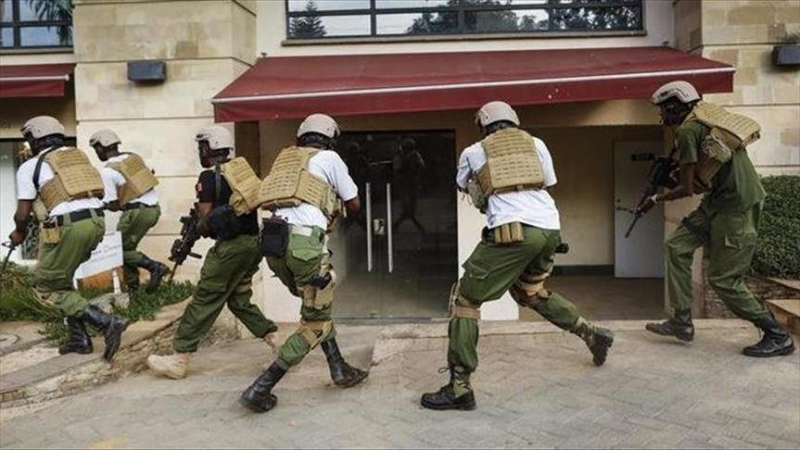
Nigerian public opinion is in turmoil over a series of cases of people being secretly taken to Dubai by human traffickers under the guise of tourism or labor export, but in reality for organ harvesting surgery. A female victim who sold her ovaries to help her family through famine shared: “At first, they advertised themselves as a labor export brokerage company. It was not until I went to their office that they told me that I was actually buying organs. They offered to sell a kidney for $262,000, a heart for $119,000, a liver for $157,000 but only paid the donor 1/5… The organ traffickers took care of all the paperwork and airfare, I just had to get on the plane to Dubai for surgery.”
“Only well-organized criminals can engage in organ trafficking,” said Professor Philip Njemanze, president of the Catholic Medical Association of Nigeria. “You need a network of surgeons, anaesthetists, nurses, etc., to testing experts to match donor organs to recipients… To stop organ trafficking in North and West Africa, the first thing to do is to look at the shady relationships between criminals and the medical profession in African and Middle Eastern countries.”
Most of the individuals who volunteer to sell their organs are provided with fake documents and plane tickets to other countries, where the recipients are waiting under the guise of tourists. All steps in the organ harvesting and transplant surgery process are carried out in a closed manner by medical staff who have “colluded” with the criminals. Some victims are lucky enough to receive the full amount after the surgery, but in many other cases, criminals threaten to abandon them in a “foreign land” to force the victims to accept less than the agreed amount.
From Libya to Yemen, North Africa is becoming a “promised land” for organ hunters. More than 5 million war refugees from the Middle East, plus about 6.3 million refugees fleeing drought from the Sahel region, are living in dire conditions in Algeria, Egypt, Tunisia, etc. Organ traffickers have no difficulty in finding victims and urging them to sell a part of their body to support their families.
“Traffickers are targeting poor children and refugee children, but not for sexual abuse and labor like before,” Nuna Matar, director of the Lebanon-based charity Triumphant Mercy, told AFP. “They want their organs… It’s hard for us to do anything because we don’t have enough information and legal tools. Most African and European countries don’t compile their own statistics on organ trafficking.”
“Libya is a hot spot for organ trafficking,” Suzanne Hoffe, international coordinator of the anti-trafficking organization La Strada International, told DW. “The country serves as a gateway for refugees from sub-Saharan Africa and the Horn of Africa who want to reach Europe. As long as Libya is in civil war, organ traffickers are free to seek victims.”
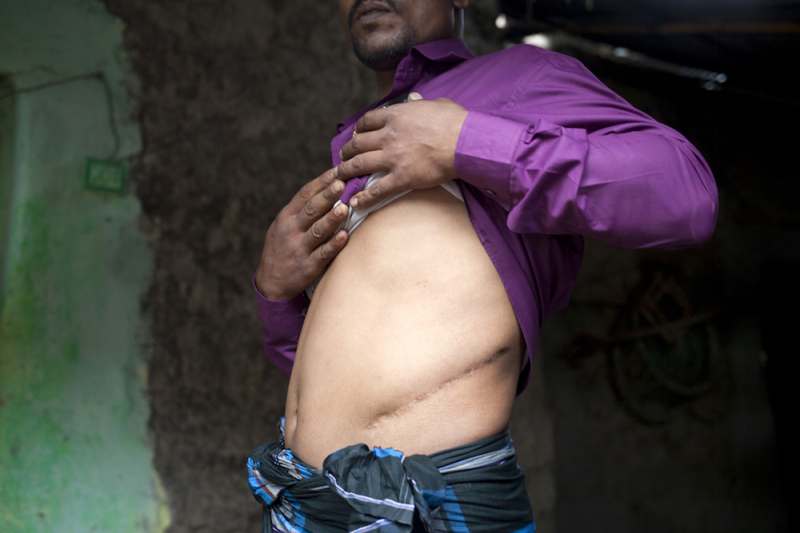
BBC journalist Alex Forsyth, who has spent years tracking human trafficking in Africa, recounts a meeting with a man involved in organ trafficking on the outskirts of Tripoli: “He introduced himself as Abu Jaafar, a broker who introduced refugees to traffickers. He considered his work a good deed because if he didn’t sell his organs, many refugees would starve to death. In the past three years, Jaafar has taken 30 people for organ harvesting surgery.”
Abu Jaafar said that traffickers would contact him first to tell him what body parts they needed, and then Jaafar would find a seller: “There were times when they needed eyes and I still found a willing buyer… I blindfolded the donor and drove them to the doctor’s office. Sometimes the doctor rented an apartment to do the tests and surgery… After the surgery, I took them to my house to take care of them until the stitches were removed. At that point, I was no longer responsible for them.”
Journalist Alex Forsyth also interviewed one of Abu Jaafar’s clients, a 17-year-old Syrian boy who sold one of his kidneys for 8,300 to pay off debts and support his mother and five sisters. After donating, the boy lay in a bedroom behind the cafe. “I regret it so much,” he whispered between pains. “I really didn’t want to do it, but I had no choice.”
The victims of organ trafficking are not only the living. For more than a month now, Kenyan public opinion has been stirred up by the case of 145 followers of the Malindi sect starving to death and then buried in mass graves in the Shakahola forest in the east of the country. The leader of the Malindi sect, Paul Nthenge Mackenzie, preached that the world was coming to an end and the only way for followers' souls to go to heaven to meet God was to starve to death. Kenyan police also said that in the mass graves there were also the bodies of children with many bruises on their bodies. It is very likely that the children were the followers' children who refused to fast and were beaten to death. Paul Nthenge Mackenzie is currently on trial for manslaughter, terrorism and exploitation of religion.
Kenyan authorities are still examining the bodies exhumed from the mass graves, but a recent statement from them has fueled public outrage. “We have found that some of the bodies are missing internal organs,” said Dr. Johansen Oduor, the forensic pathologist who led the Malindi autopsy. “Some of the bodies have scars that indicate that the deceased had undergone surgery while alive; others have not been sutured and are likely to have been inflicted after death… The possibility of organ trafficking cannot be ruled out.”
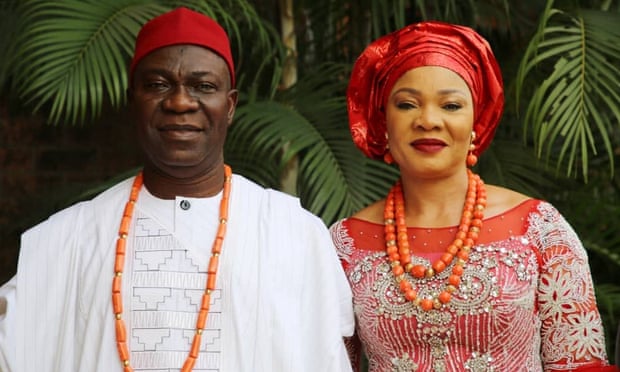
The Ekweremadu Case
In the case of Ike Ekweremadu, he found a kidney donor for his daughter through organ traffickers in February last year: a man who sold mobile phone accessories in Lagos. Ekweremadu bought the donor a plane ticket to London, then gave him fake documents claiming that he was a relative of Ekweremadu’s daughter. However, the kidney seller feared that the traffickers would take his other organs as well, so he made his way to the nearest police station.
The Guardian recently revealed a shocking truth: US intelligence had warned the UK about Ike Ekweremadu's suspicious movements months before the incident. They discovered that the Nigerian politician had ties to the medical tourism company Vintage Health. Vintage Health is actually a front company for organ traffickers. The company's director, nephrologist Chris Agbo, is under investigation for another case of bringing Nigerians to the UK to donate organs.
Matthew Page, who uncovered the relationship, told The Guardian: “If the UK had taken our warnings seriously, Ike Ekweremadu would not have been able to bring kidney sellers into the country… I also have evidence that Ike Ekweremadu used the money he stole in Nigeria to buy real estate and other valuable assets in the UK.”
British authorities, for their part, have vowed to focus their efforts on investigating cases of organ trafficking. Inspector General Andy Furphy, head of the Metropolitan Police’s human trafficking unit, said: “We in the UK still do not fully understand the scale of the international organ trafficking network. We are working hard to fill this information gap.”
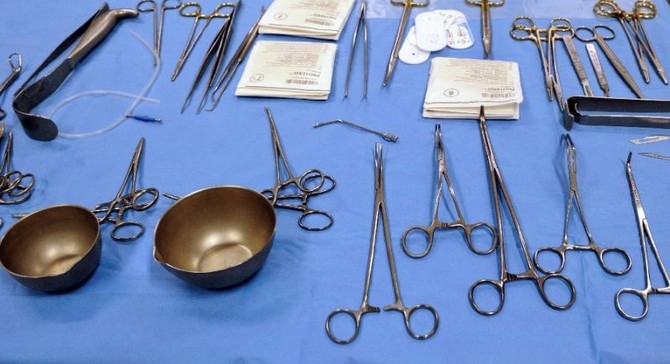
The long war
In recent years, Interpol has expanded its ENACT program, which focuses on improving the ability to combat human trafficking and organ trafficking around the world. “A major weakness in the fight against organ trafficking is the lack of communication between the police and the health sector,” said Cyril Gout, director of Interpol’s Operational Support and Analysis Department. “ENACT not only improves the investigative and on-site handling capabilities of police forces, but also equips them with intelligence, communication and multi-agency, multi-sectoral coordination skills.”
A recent proud achievement of ENACT was helping Kenyan police coordinate with Laotian police to successfully rescue 22 Kenyans, 1 Ugandan, and 1 Burundian who were illegally detained in Laos. They were tricked into going abroad to work but were actually imprisoned by organ traffickers. One victim said: “They said each plane ticket back home was equivalent to one kidney. They also charged us for our daily meals. The longer we refused to go under the knife, the more we owed them, and the more organs we had to lose.” The victims have now been safely returned home.
Source: https://antg.cand.com.vn/Ho-so-Interpol/chau-phi-nhuc-nhoi-thi-truong-noi-tang-nguoi-i694331/
Source link











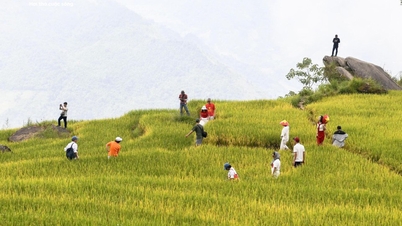
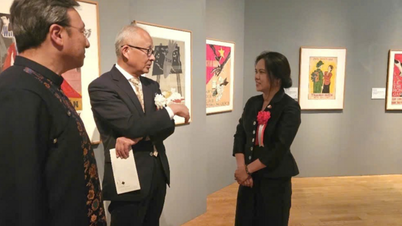



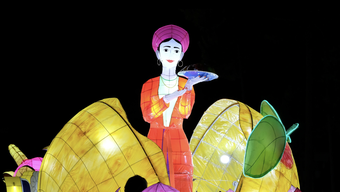







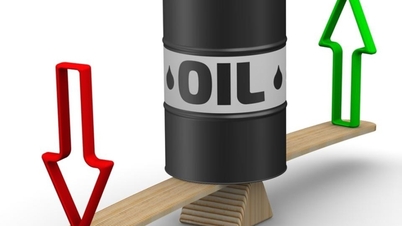
![[Photo] Off-road racing: Adventure sport, attractive tourism product](https://vphoto.vietnam.vn/thumb/1200x675/vietnam/resource/IMAGE/2025/9/14/45123bd29c884b64934da038d947d344)










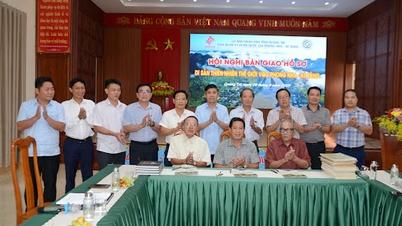











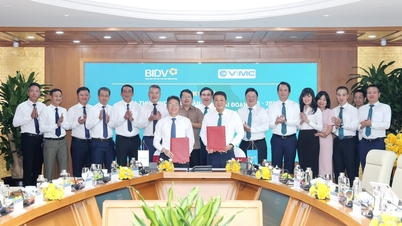

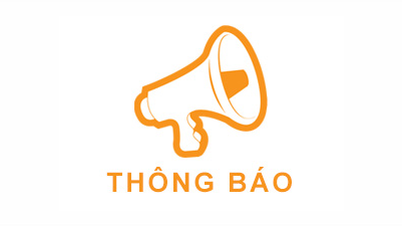
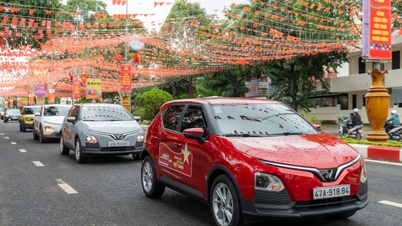


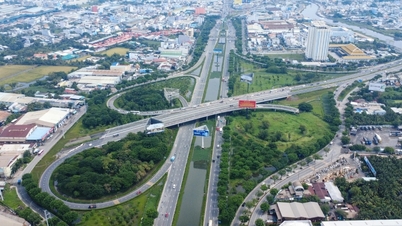





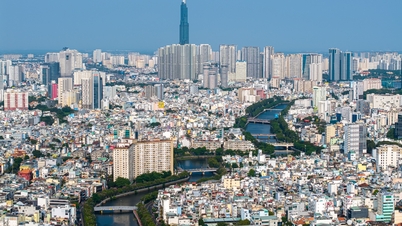
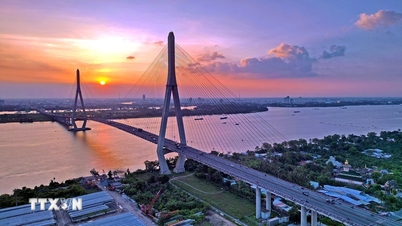

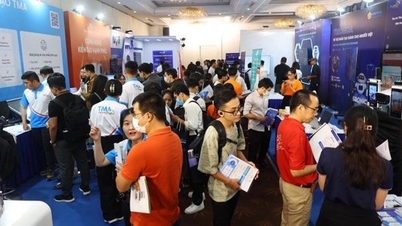





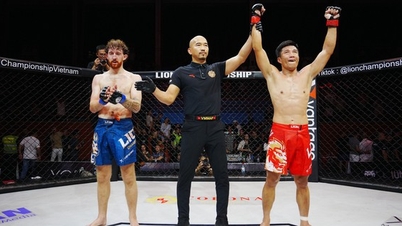










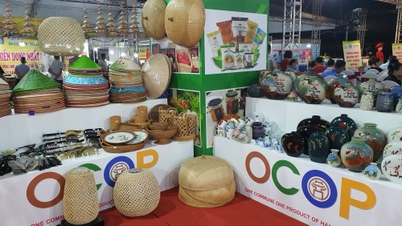

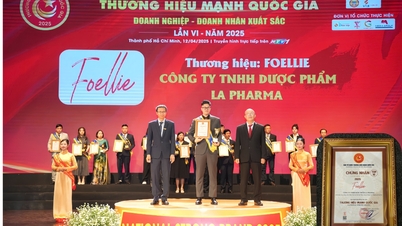









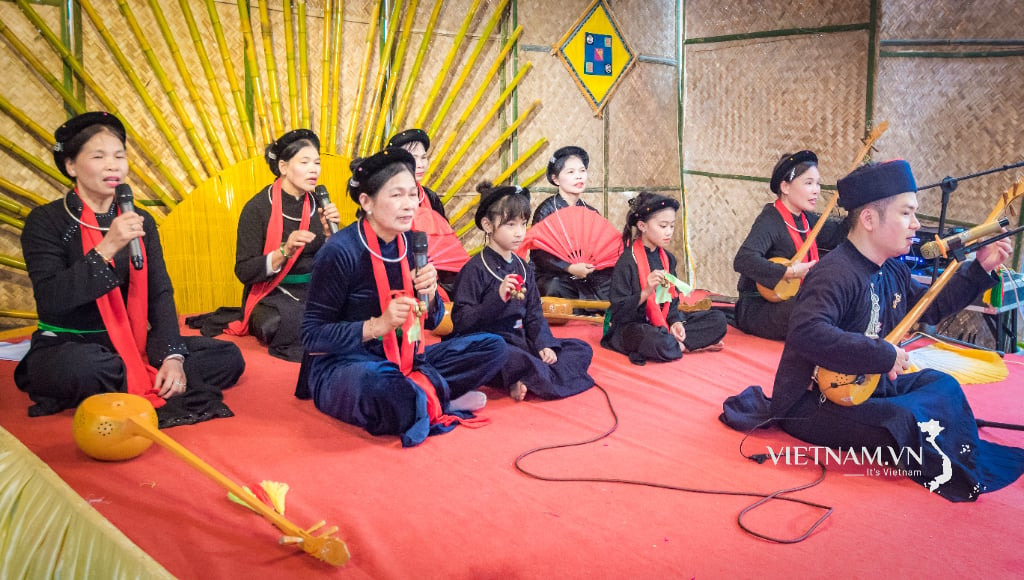

Comment (0)